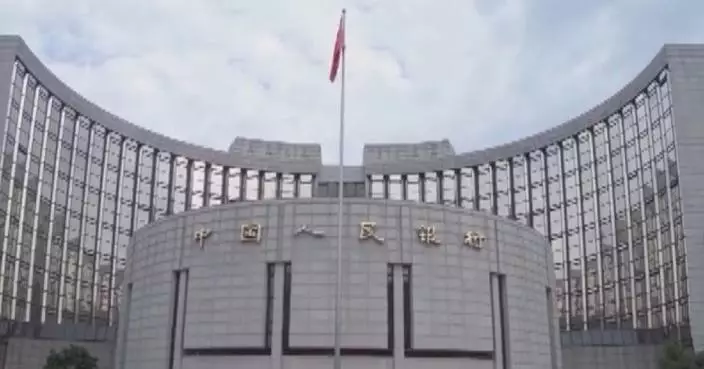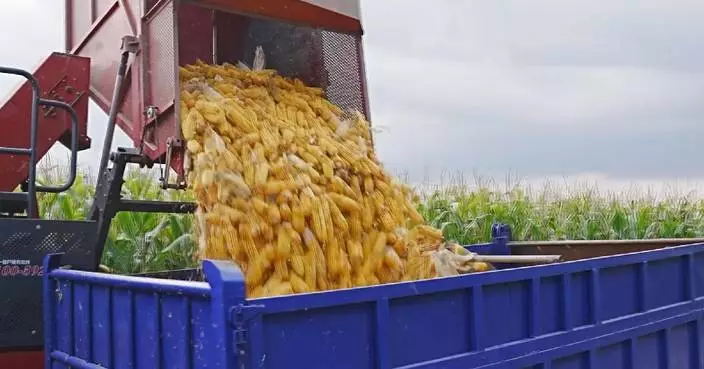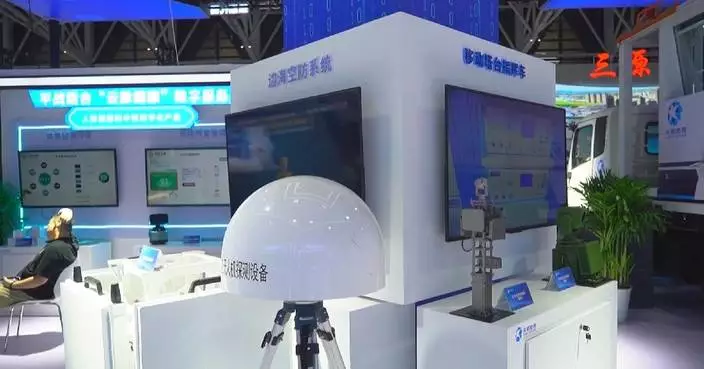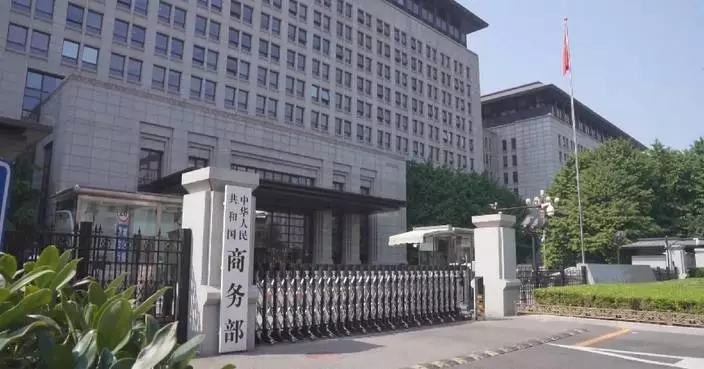China has allocated 60 billion yuan (about 8.5 billion U.S. dollars) in ultra-long-term special national bond funds to support subsidies for consumer goods trade-ins for greener products during the upcoming National Day holiday, an official of the Ministry of Finance said Monday.
Earlier this year, the country announced plans to establish a trade-in mechanism that facilitates the scrapping of used goods in exchange for smart, green and low-carbon ones. To promote the trade-ins of automobiles, subsidies will be given to consumers who scrap high-emission passenger cars to buy energy-efficient vehicles or new energy vehicles.
Speaking at a press conference in Beijing, Zhao Changsheng, Deputy Director of the Department of Economic Construction at the Ministry of Finance, said the ministry has allocated 150 billion yuan (about 21.3 billion U.S. dollars) in ultra-long special treasury bonds to local governments in batches, with an initial pre-allocation of 90 billion yuan (about 12.8 billion U.S. dollars) to ensure timely initiation of relevant work across various places.
The remaining 60 billion yuan (about 8.52 billion U.S. dollars) have been allocated for consumer goods trade-ins during the recently concluded Mid-Autumn Festival and the upcoming National Day holiday from October 1 to 7, he continued.
In addition, a total of 20 billion yuan (about 2.84 billion U.S. dollars) in interest-subsidized loans for equipment renewal have been allocated.
"Next, the Ministry of Finance will continue to urge localities to accelerate the use and redemption of funds, strengthen follow-up oversight of funds, and unleash investment and consumption potential to the greatest extent and with the greatest intensity," he said.

China allocates 60 bln yuan in treasury bonds to promote consumer trade-ins for low-carbon goods









